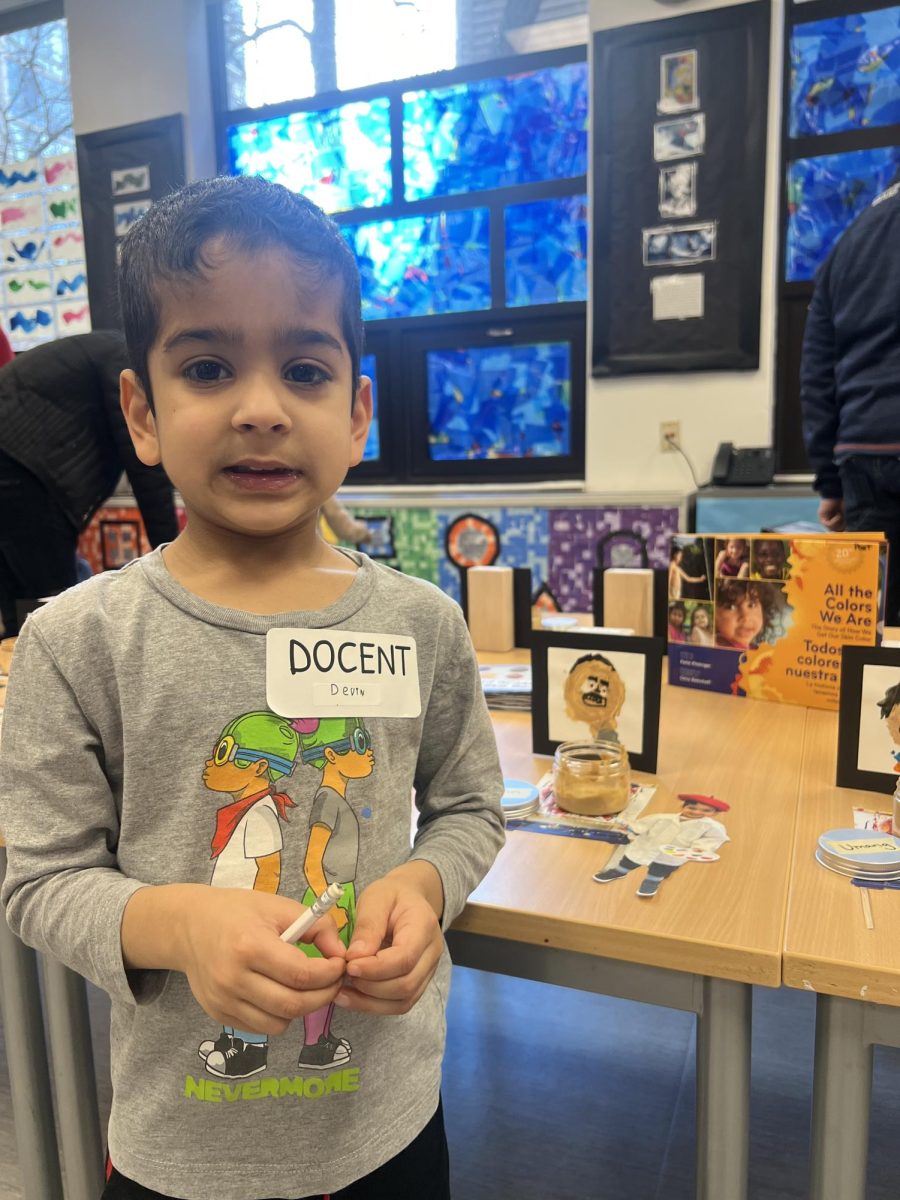Michael Gross
While the world political leaders are chaotically attempting to solve the interminable Middle East crisis, a small camp in Otisfield, Maine is taking a much different, long-term approach to creating peace. Seeds of Peace, a peace-building, youth organization was founded in 1993 by John Wallach, an award-winning author and journalist. Wallach had the ultimate goal of “giving rise to new generations of leaders uniquely inspired and equipped to build lasting peace.” Its international camp hosts 150- 200 teenage campers (“Seeds”) for two, three-week sessions each summer. These delegates represent 8-10 different countries, and are chosen through a highly selective and competitive process. Although the camp was originally established to address the turmoil in the Middle East, in 2001, in response to 9/11, the program was expanded to include a South Asia – incorporating conflicting sides from Afghanistan, India, and Pakistan.
This past summer, Seeds of Peace was fortunate enough to have graduated a “Seed” who is a familiar face in the halls of Latin: junior Miles Baker. Miles had spent his last seven summers at a sports camp in Wisconsin and was ready for a different, more stimulating environment. Because of his Jewish rekigion, Miles said, “the [Middle East] conflict has always had relevance in [his] life,” as he was always interested in how America’s Jewish allies were doing in the conflict. Aside from growing up in a Jewish environment, Miles had little background and knowledge, as this prompted his desire to learn more about the different sides of the conflict. In the camp, each “Seed” is assigned either the Middle East or South Asia to bunk with, and either one of the two regions to interact with during the days’ discussions and activities. Miles was selected to both live and interact with the campers from the Middle East and was eager to learn about the complexities of the issue at hand.
In addition to typical summer-camp outdoor activities, the delegates spend 110 minutes per day in intimate, facilitator-led group discussions regarding the conflicts in their region. The intent of Seeds of Peace is to approach the conflicts from a neutral standpoint, without any political or religious bias. When recruiting, they obtain a wide range of views and people to ensure there is no dominance from any side. Within the partial world we live in where opposing sides grow up in environments that teach hate, Seeds of Peace has created a safe, warm, friendly environment where these campers can interact peacefully, without the threat and constant hostility they are accustomed to. For example, in Israel, where the Palestinians and Israelis are physical neighbors, the Palestinians are taught that Israelis are evil, while the Israelis instruct similar hatred. At Seeds of Peace, however, the thought is that with the infiltrators of this animosity removed, the victims of this bias will be able to realize that they are not much different from each other, and that the hate they live by is irrational. This vision of neutrality is evidenced in all activities, as Miles states, “believe it or not, Seeds of Peace leadership in terms of dialogue is not present at all.” He goes on to explain that “delegates from all the countries discuss truly whatever they want as the facilitators makes sure that people represent themselves and individuals and not their countries.”
Currently, the Middle East faces many challenges, including the threat of nuclear weapons in Iran, the ongoing and ineffective Peace Process in Israel and Palestine, the fall out of the Arab Spring in Egypt, and most recently, the civil war in Syria. The removal of Egyptian President Mohamed Morsi was a particularly intense issue this summer at Seeds of Peace, as they had several delegates from Egypt. One can only imagine what it was like in Otisfield and wonder how these accomplished “Seeds” dealt with this news from afar. When asking Miles about the experience he explained that “the entire camp was constantly discussing it, learning about it, and praying for our Egyptian friends’ families.”
As overwhelming as it was to deal with the issues in Egypt this past summer, the truth of the matter is that next summer there will most likely be another crisis in the Middle East, along with the several issues that already exist, giving rise to the realization that we are simply running out of time. For years now there has been constant talk about the urgent needs for peace in the Middle East, but there has been little progress, and limited, half-hearted action. And, while Seeds of Peace is unique, there have been several promising, but ultimately unsuccessful pushes for peace in the past, prompting the question: will this program be effective, and how will we measure its success? Miles is confident that it will have a profound impact on conflict resolution in the future, saying “Seeds of Peace is still a small program that has graduated 5,000 seeds over the past 20 years and while conflict is still going on, Seeds of Peace has had a relatively small short term effect.” For the long-term effect, however, the hope is that with the extremely difficult admittance rating of 4%, these kids will be leaders in a variety of fields and will be able to put their views into action in the real world, as Miles believes “treaties are made by governments, peace is made by people.”
]]>


































